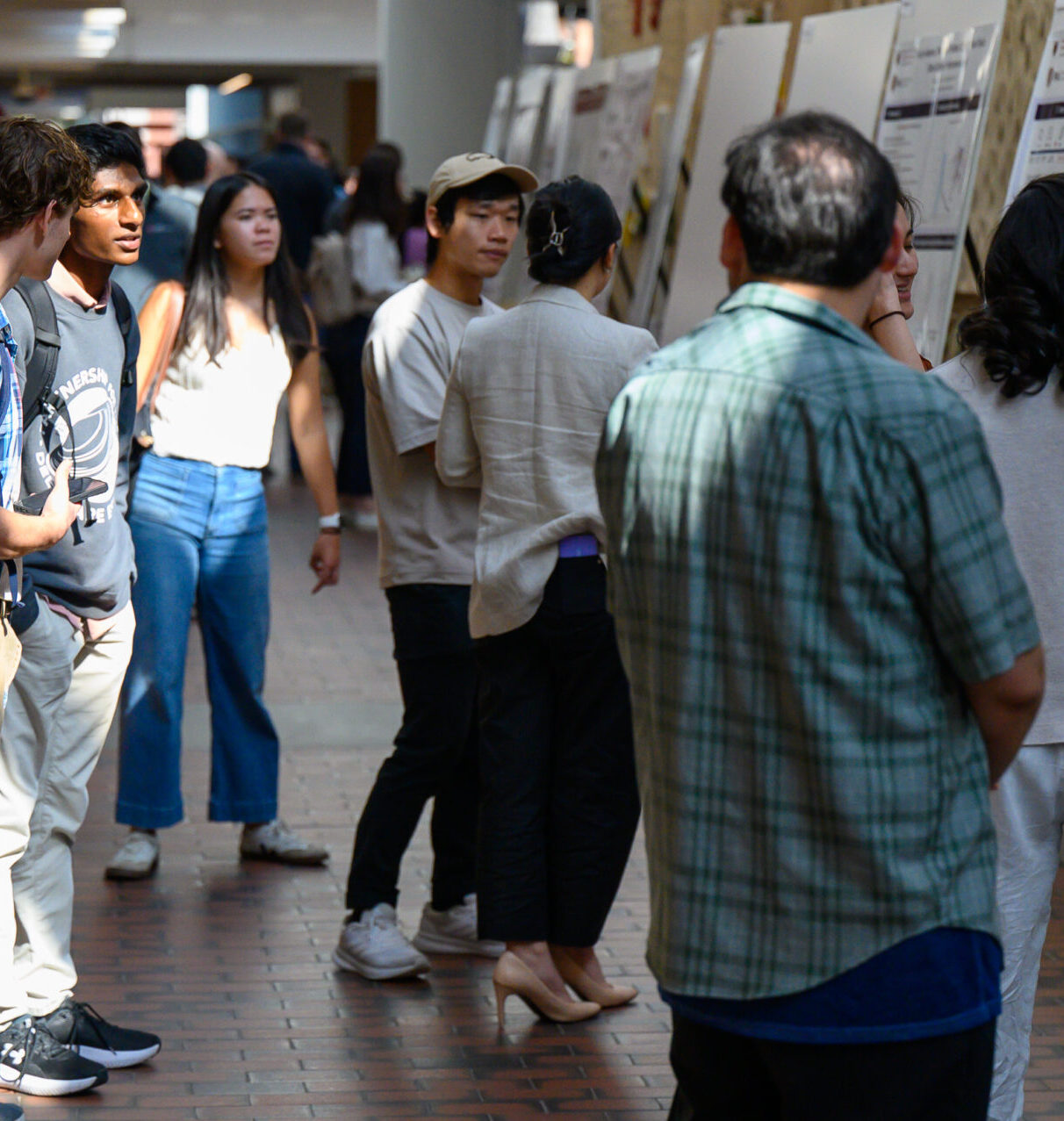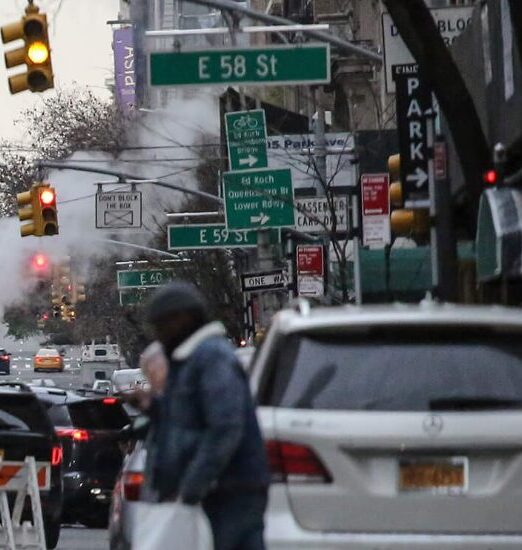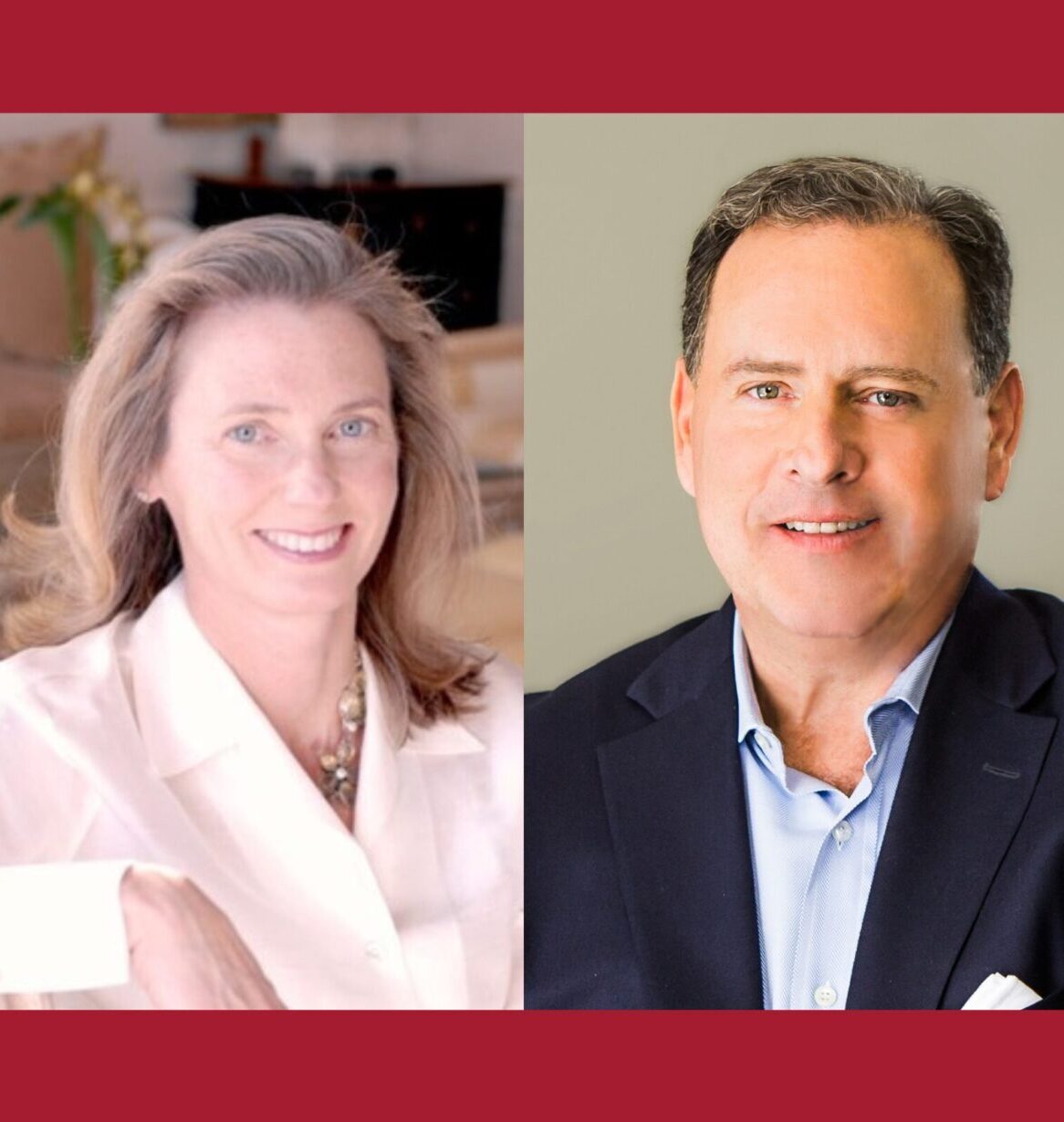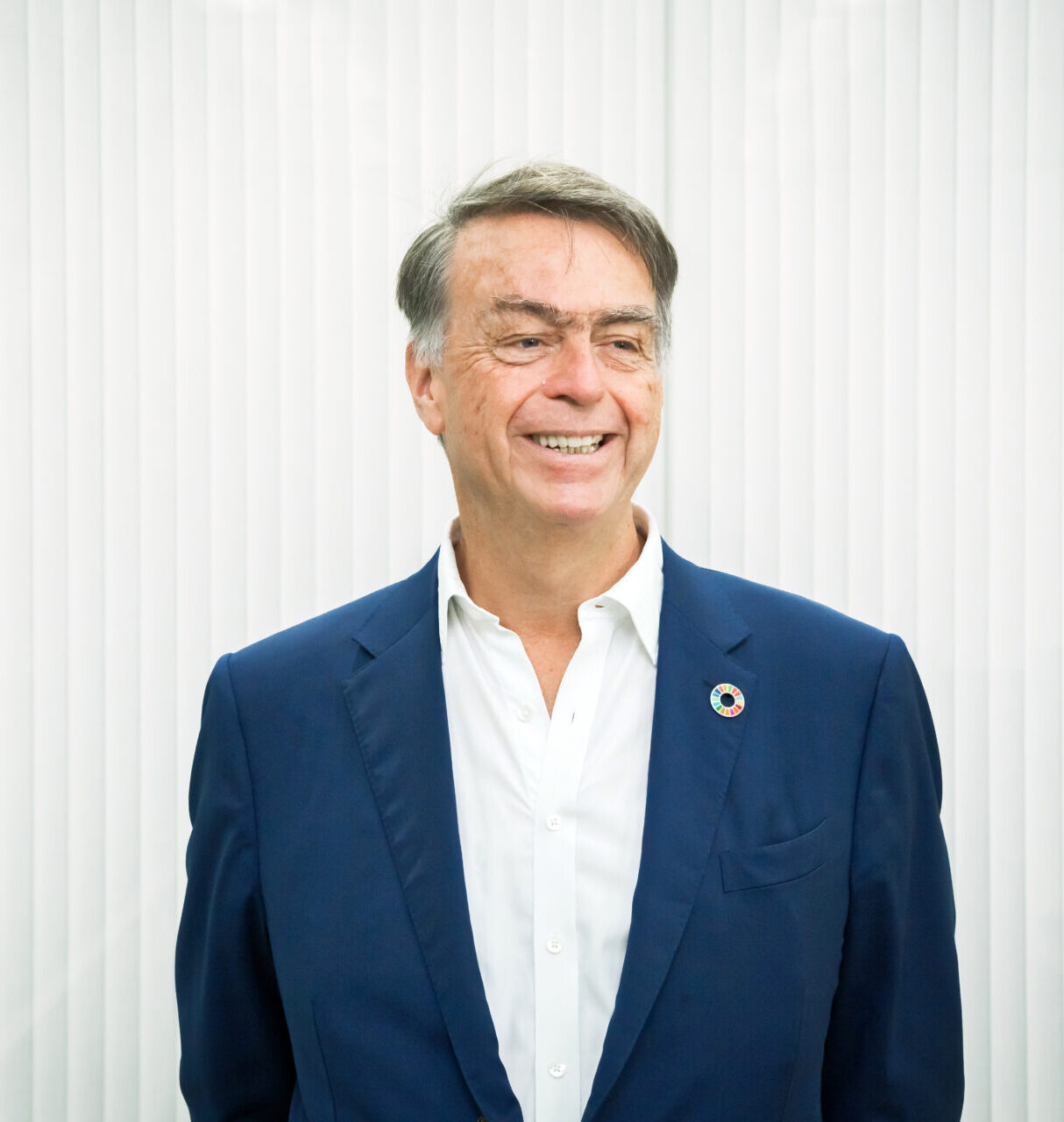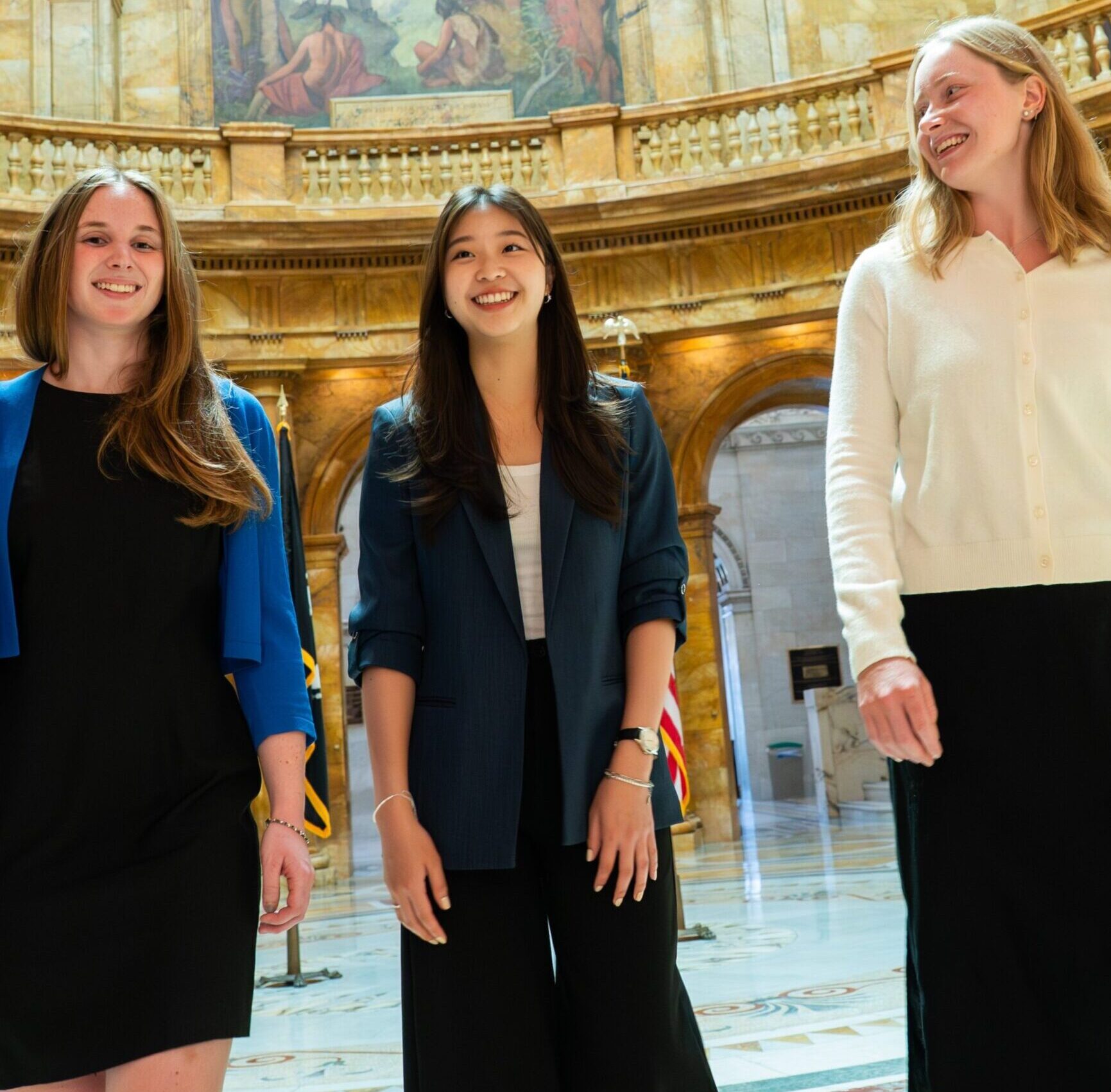Highlighting the Harvard Undergraduate Urban Sustainability Lab
HUUSL is committed to uniting students from diverse backgrounds to explore urban issues on a global scale. Through a range of activities such as working groups, speaker sessions, and social events, the organization seeks to deepen students’ understanding of urban challenges while advancing sustainability efforts within Harvard and in the broader Boston community.
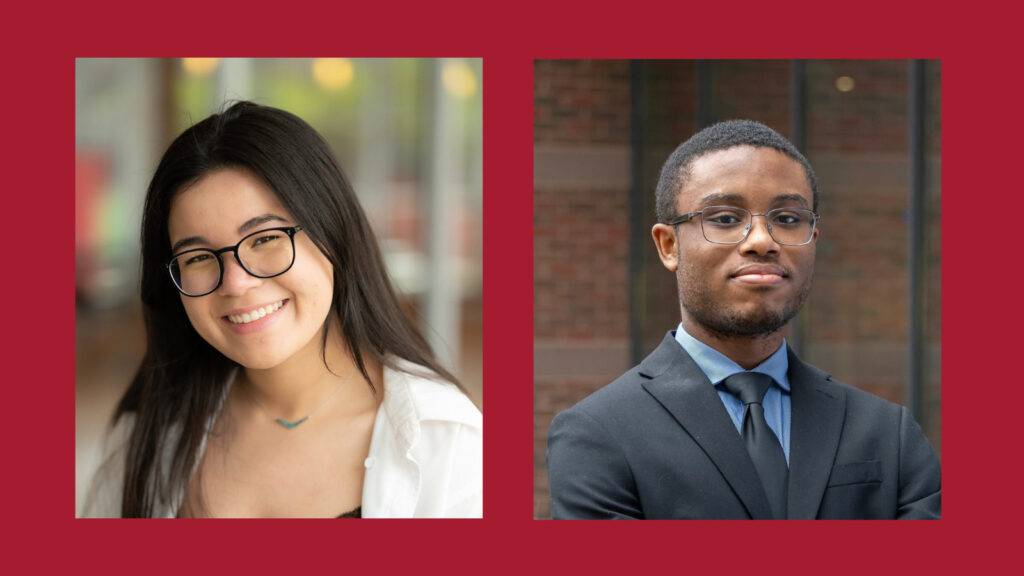
“One of the missions of the club is in line with the fact that Harvard doesn’t have an urban studies concentration or secondary, so we’re just creating that space for students on campus who are interested in that academically,” said Springer, Co-President of HUUSL.“One of the projects I’m leading right now is working with faculty to survey students on what the need is; on whether people would want an urban studies secondary. We’re working with them on the initiative they already have going to get that student voice in there as well.”
Co-Presidents Lawrence and Springer highlighted ongoing and recent projects led by HUUSL, including a notable partnership with HKS Mobility Policy Group and GSD Mobility to conduct a transportation survey. The survey, which was funded through a Salata Institute Student Organization Funding Program grant, sought to understand student travel habits and help advocate for student transit discounts.
HUUSL also leads an environmental justice working group in collaboration with the nonprofit Conversation Legacy, which is dedicated to supporting local conservation efforts and particularly working within Boston to further equitable resources for marginalized communities. Lawrence also highlighted a project he worked on to express his positive experiences in HUUSL thus far:
“I helped with a project about residential displacement in Boston based on transit and how changing the transit lines in Boston, like the elevated Orange line, affected different communities,” said Lawrence. That was really a highlight, as well as the different things HUUSL provides, particularly the space it provides for students to talk about urban issues.”
HUUSL maintains an accessible comp process, welcoming students from diverse backgrounds and interests in sustainability and urban studies. Through participation in working groups, engagement with industry professionals via speaker events, and the writing of analytical opinion pieces, members have many opportunities to engage with urban issues.
For further exploration of HUUSL’s initiatives and comp process, students are encouraged to visit their website for deeper insights into their work and mission!


